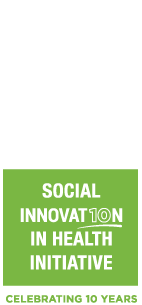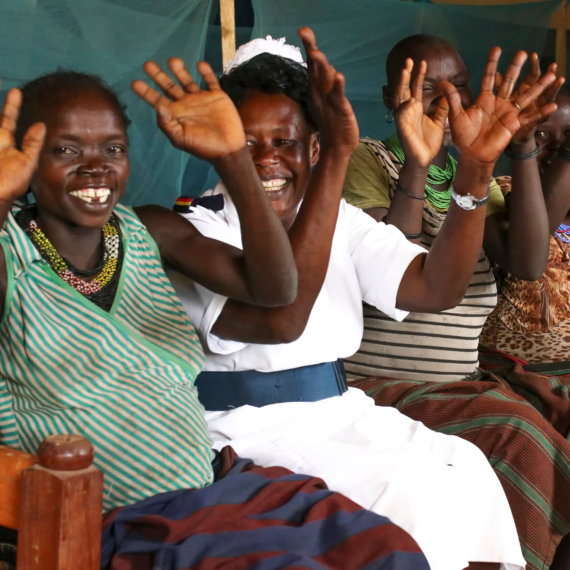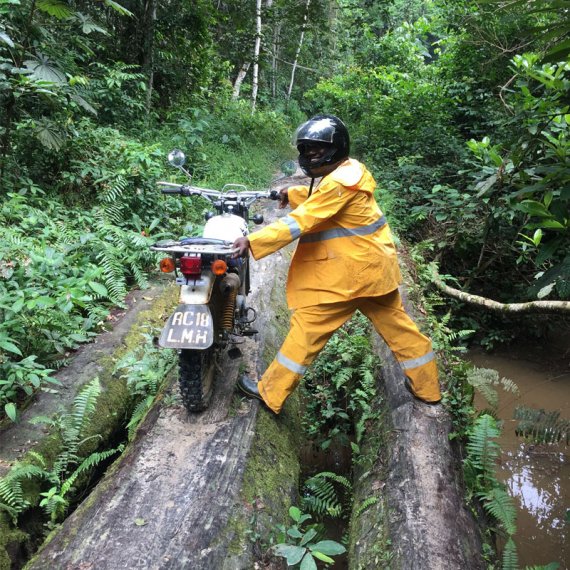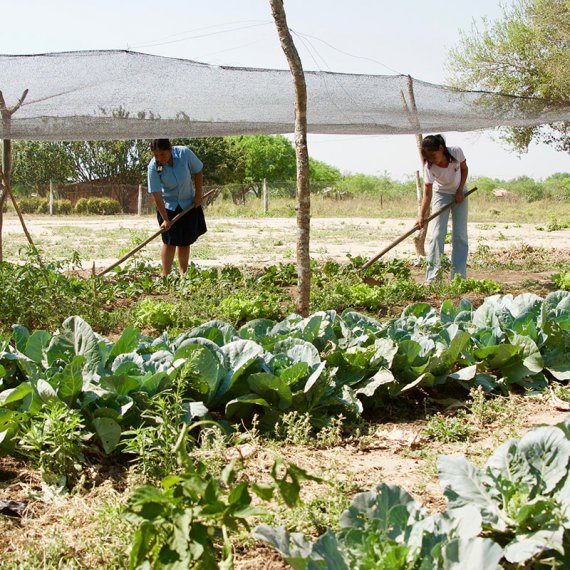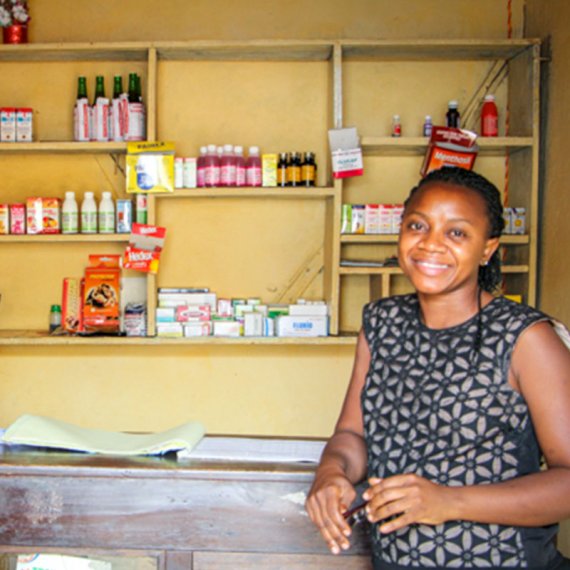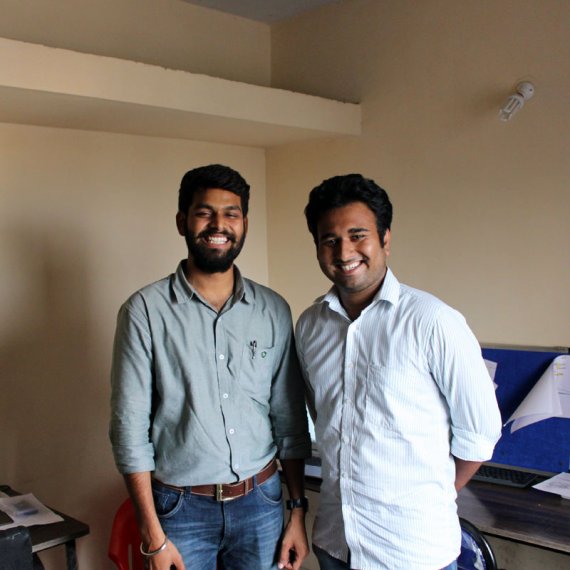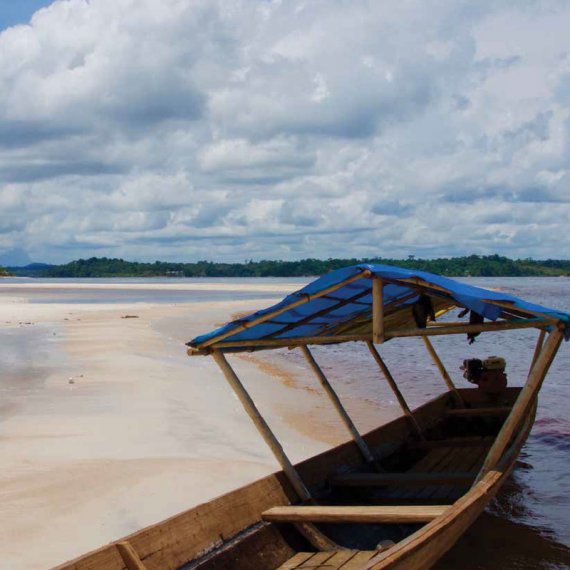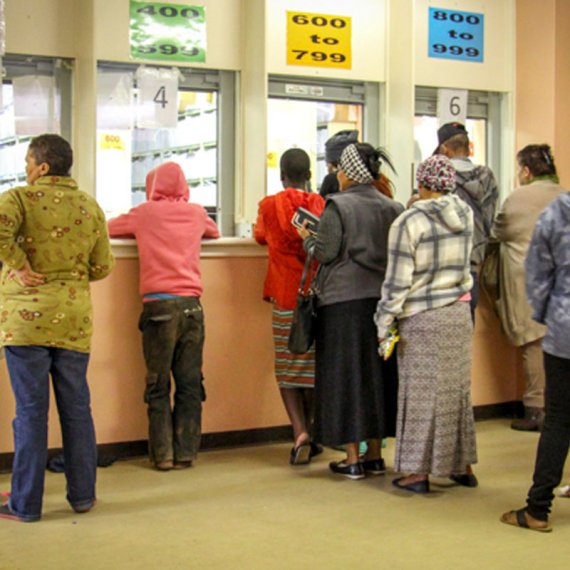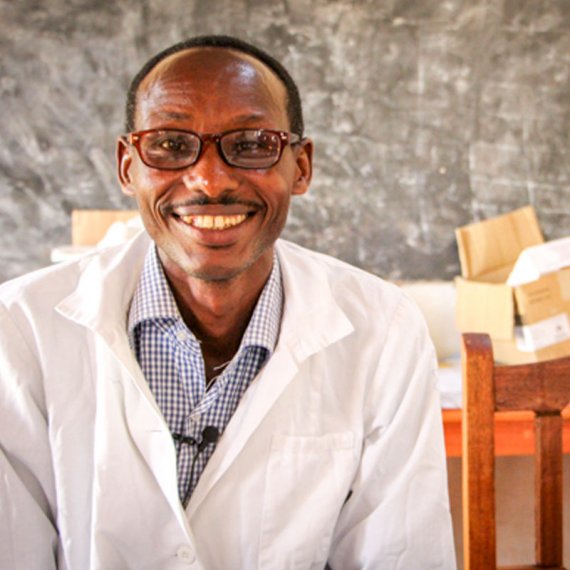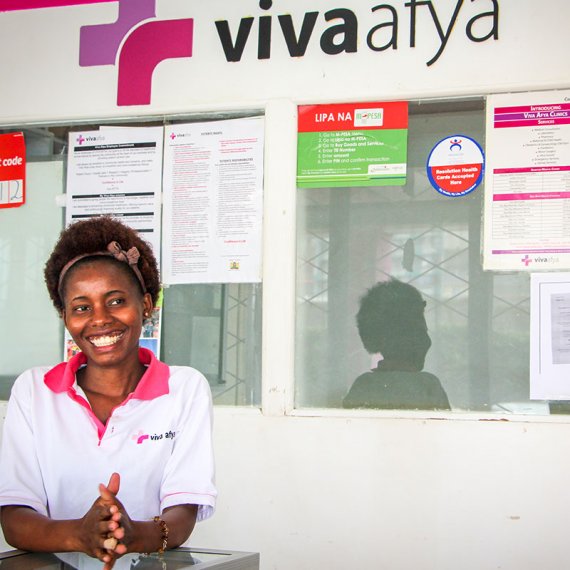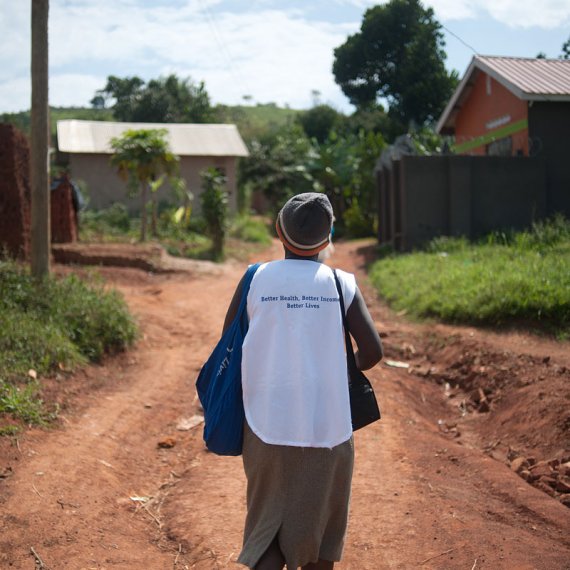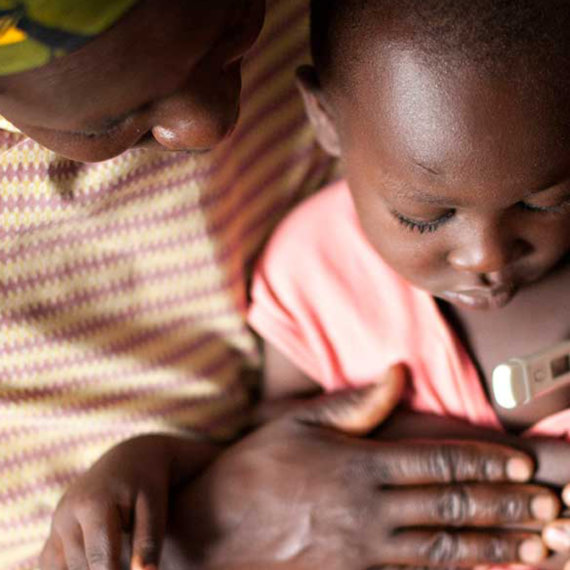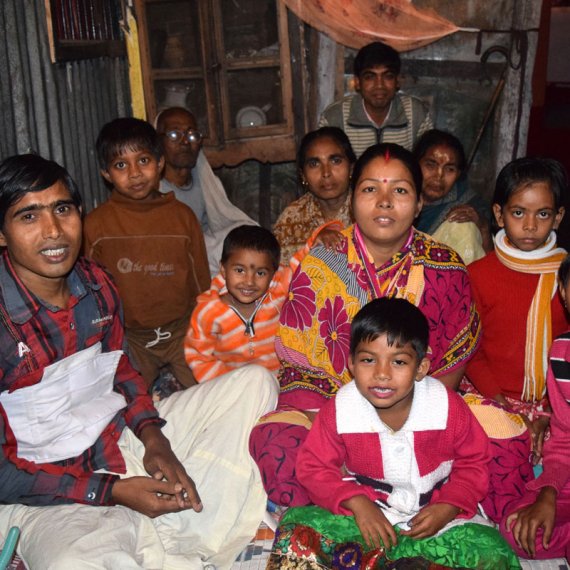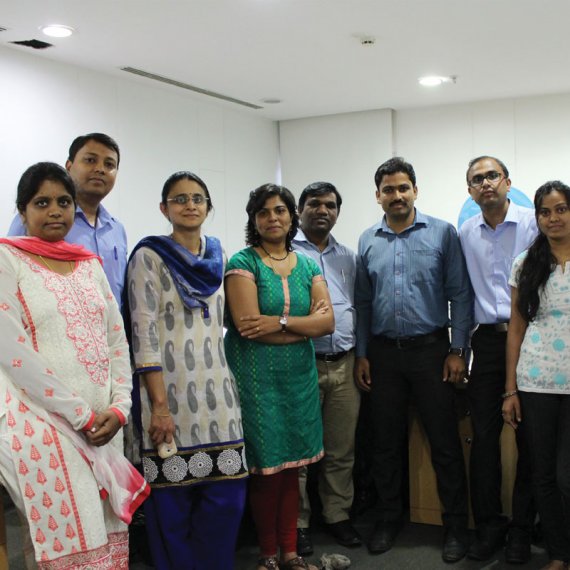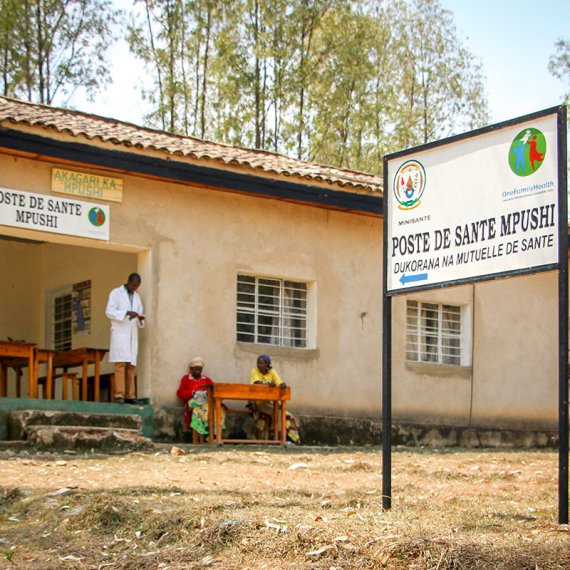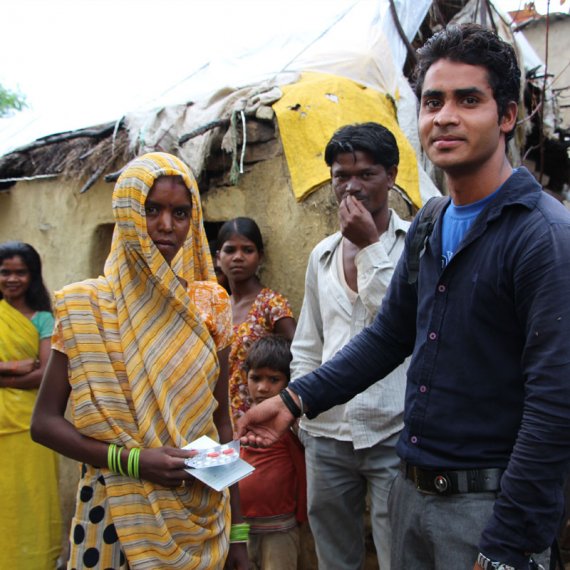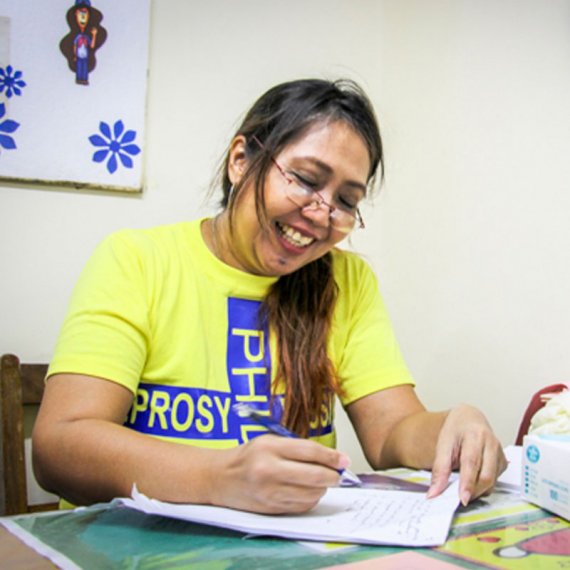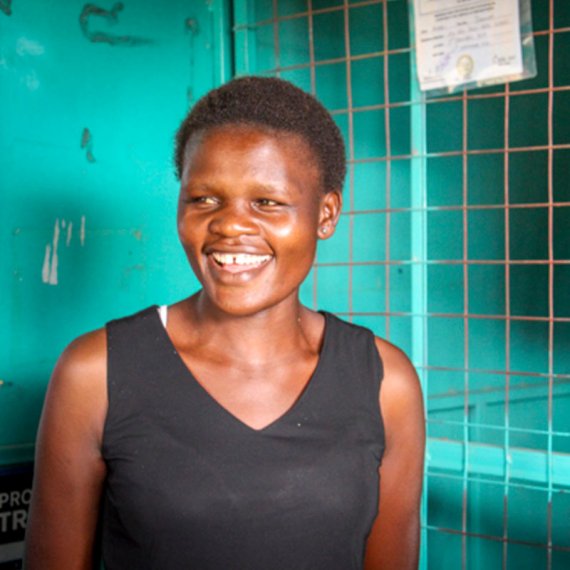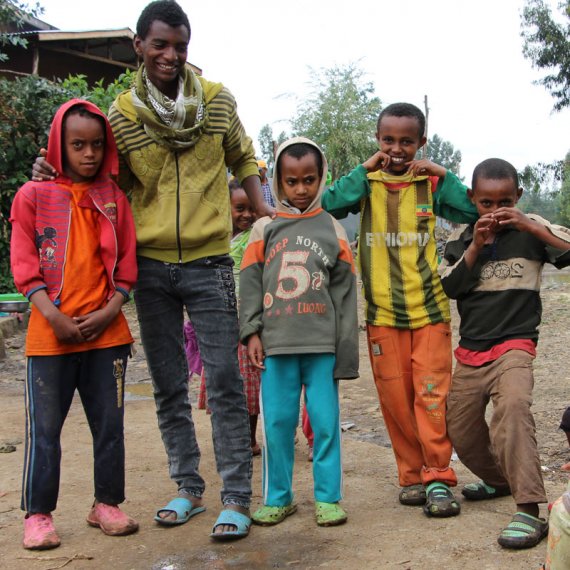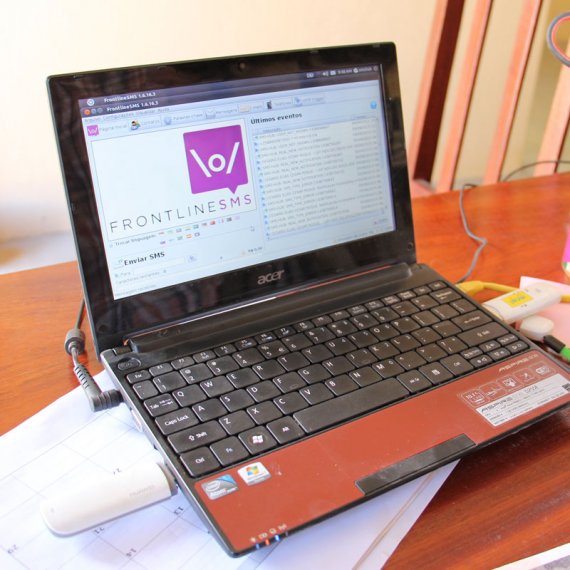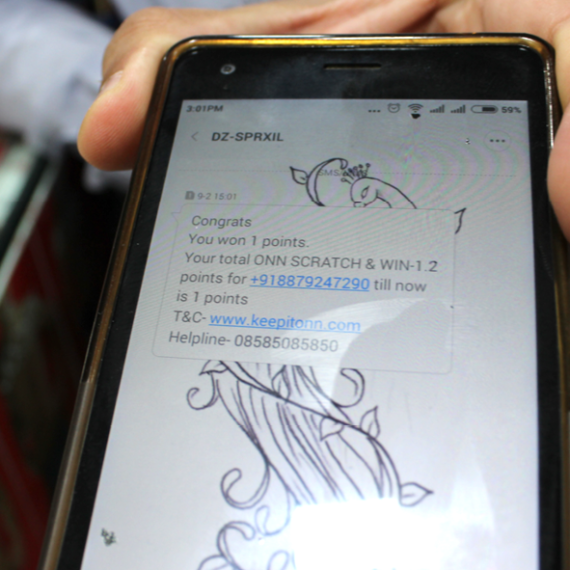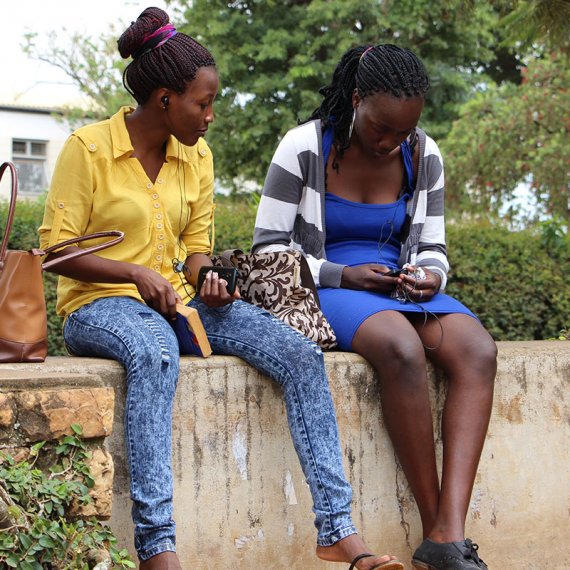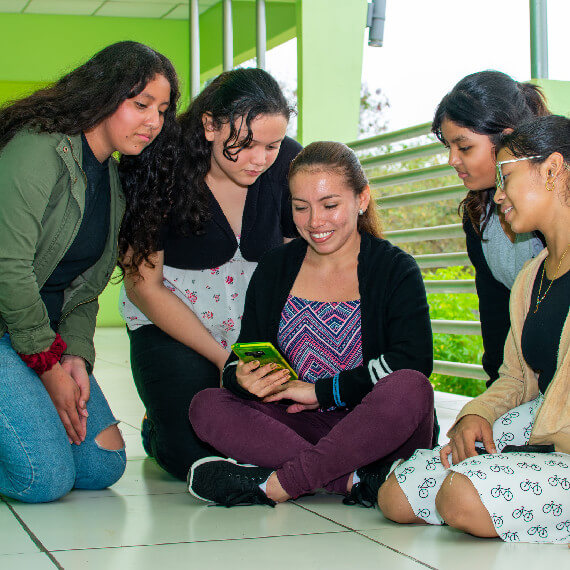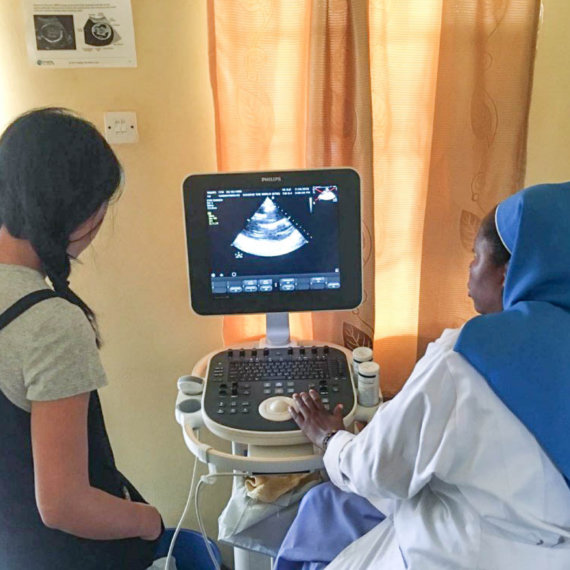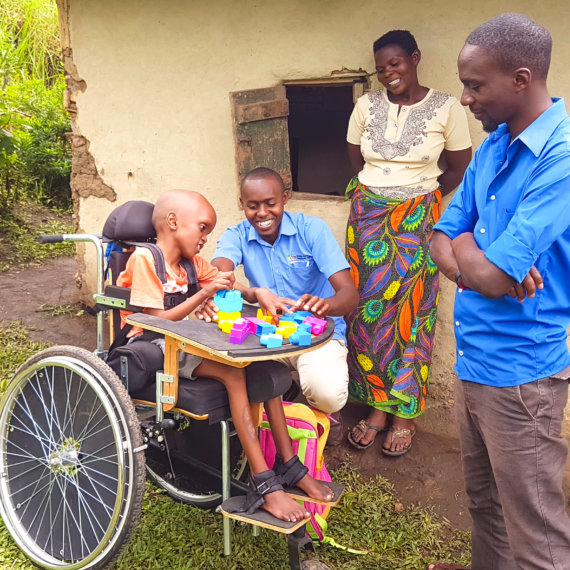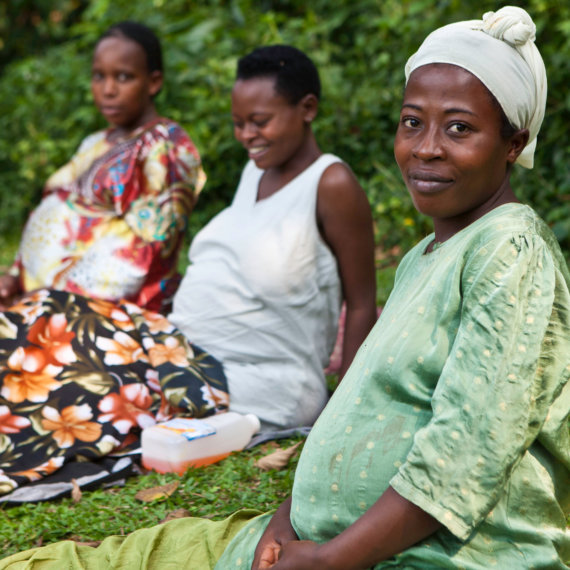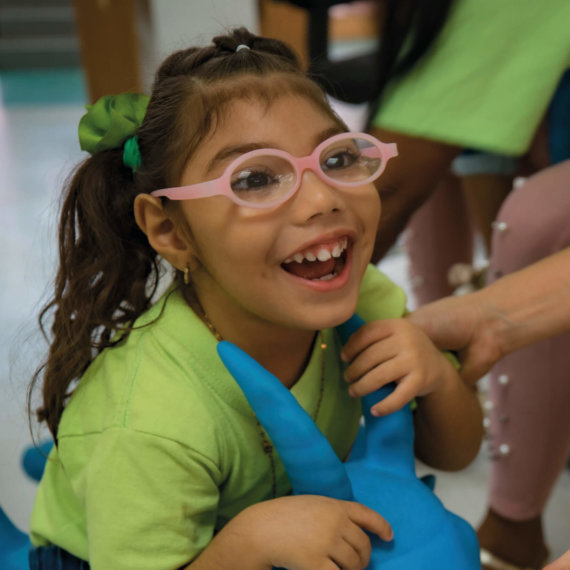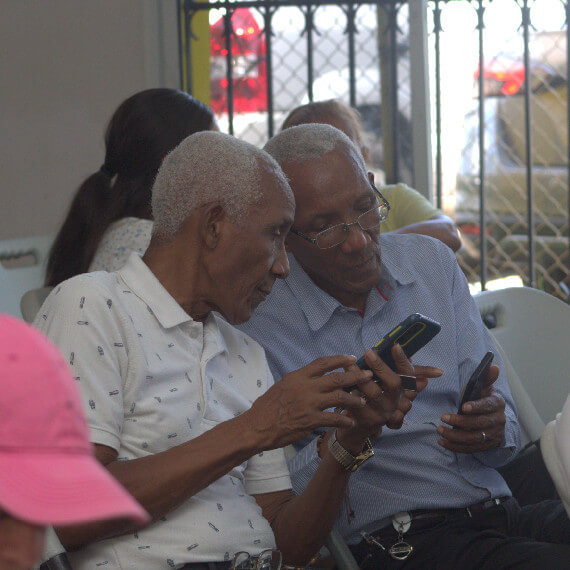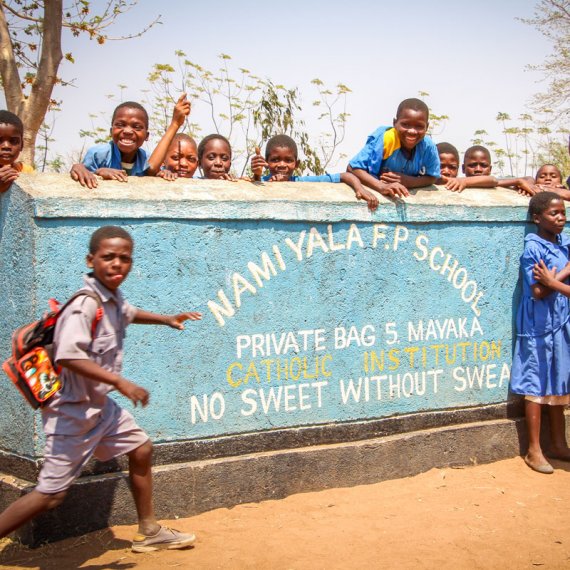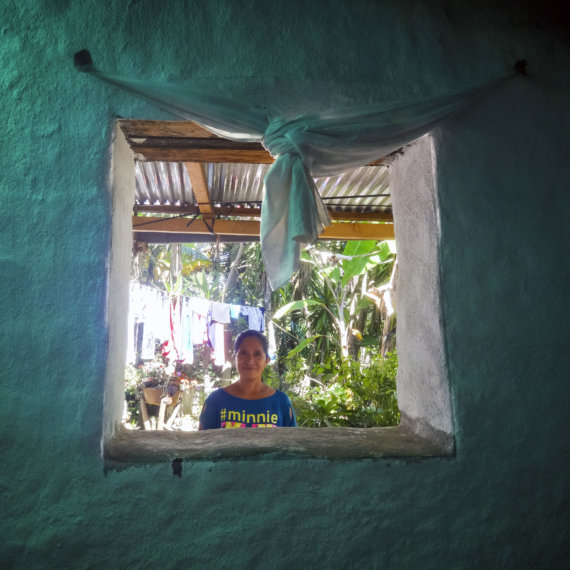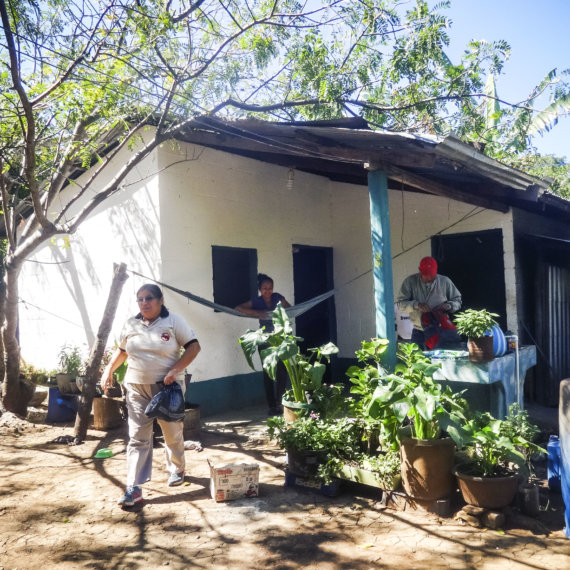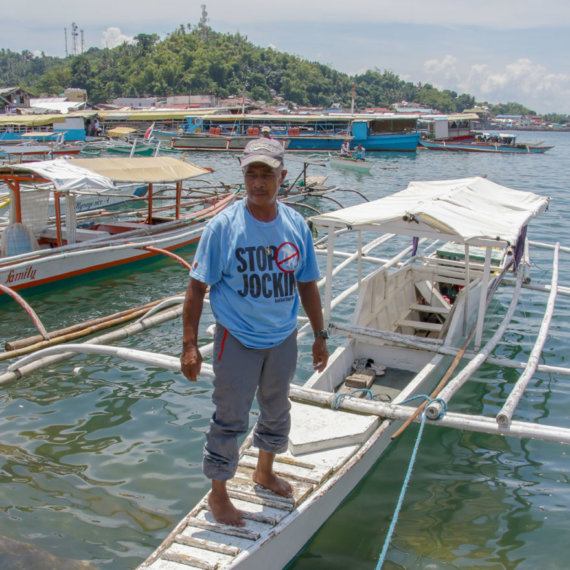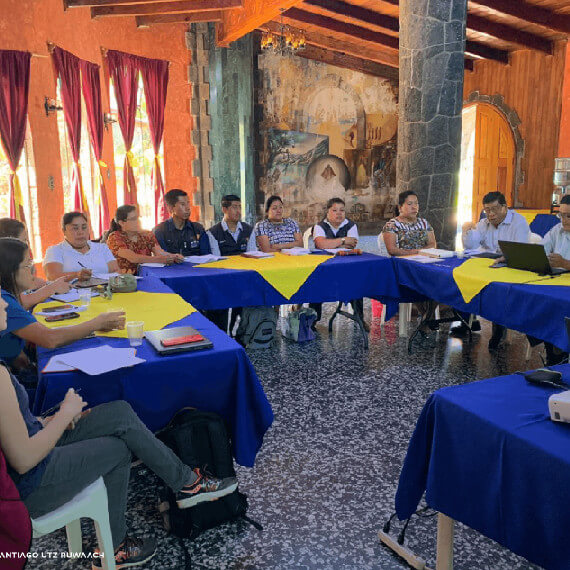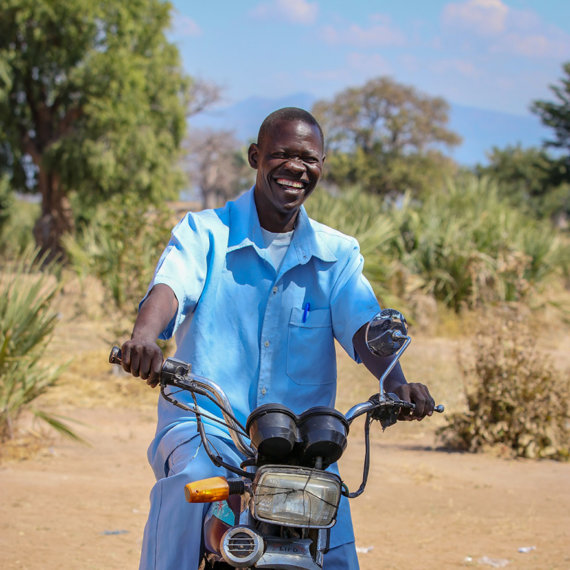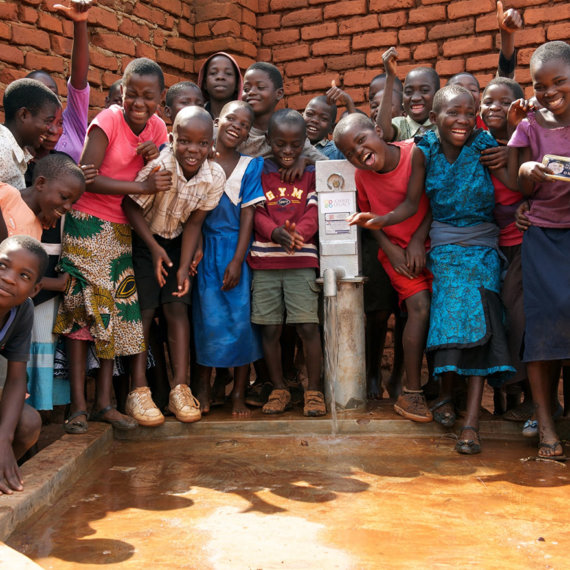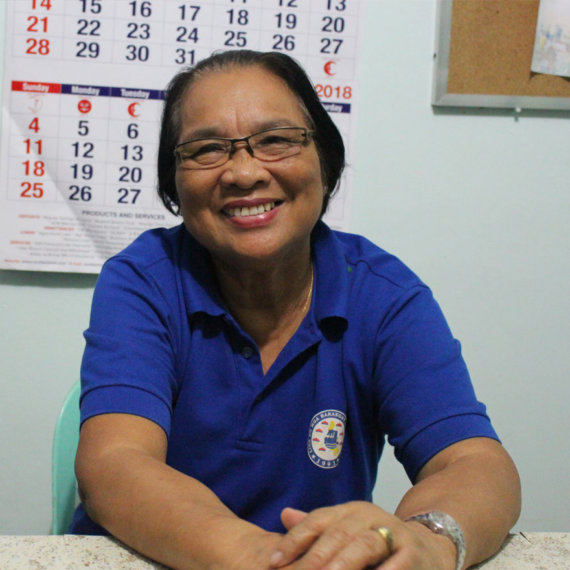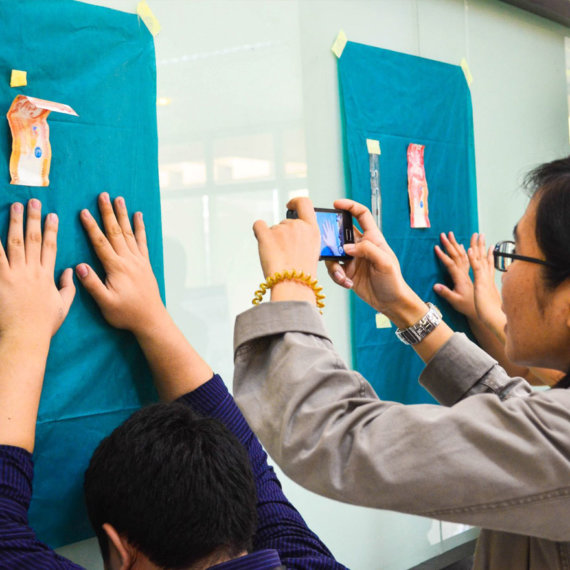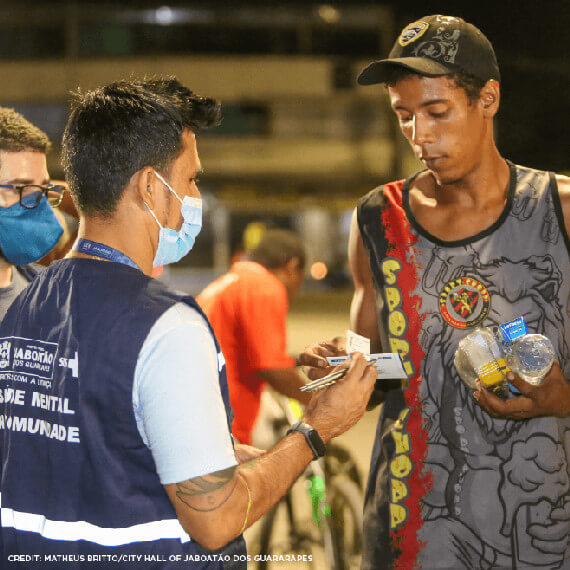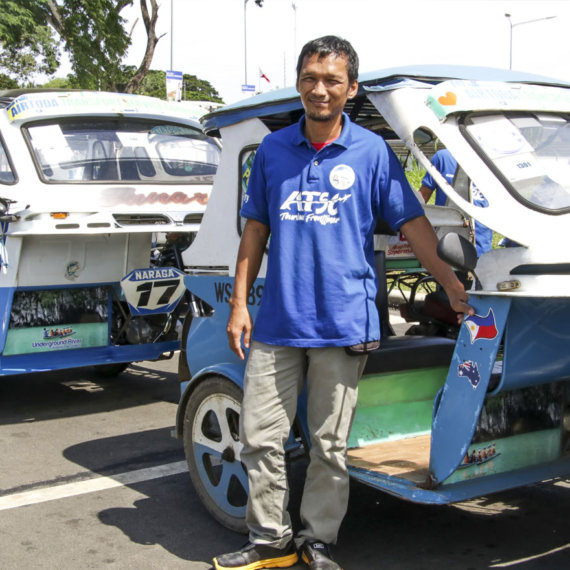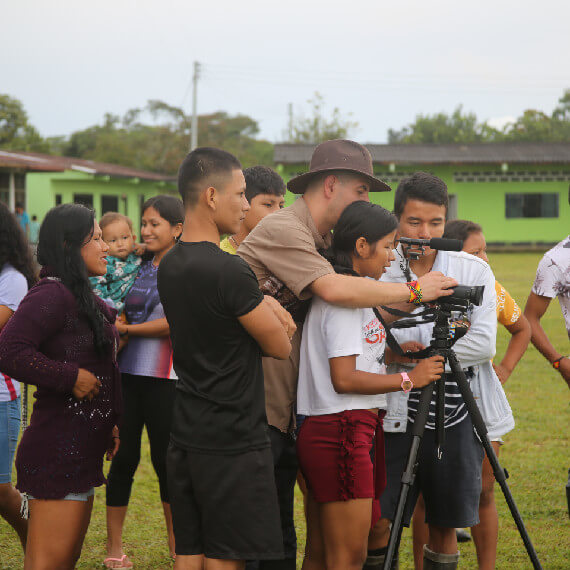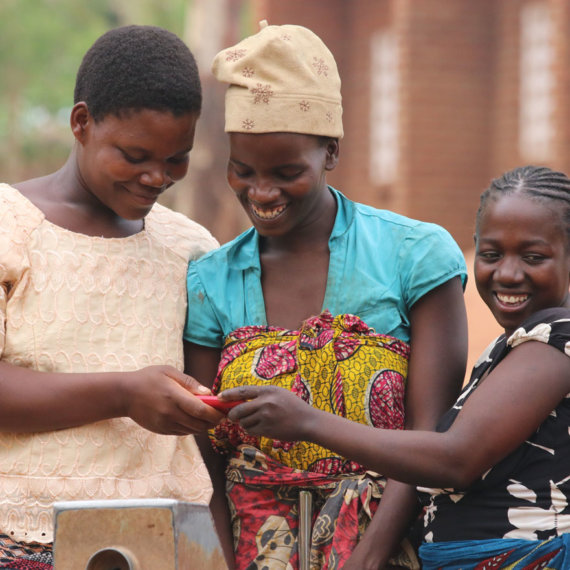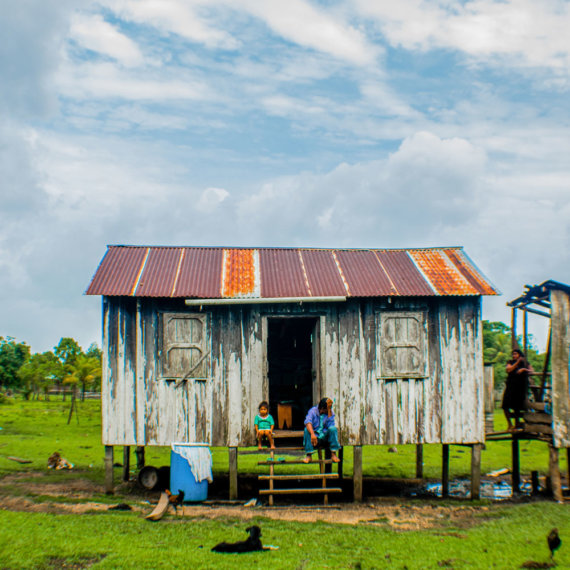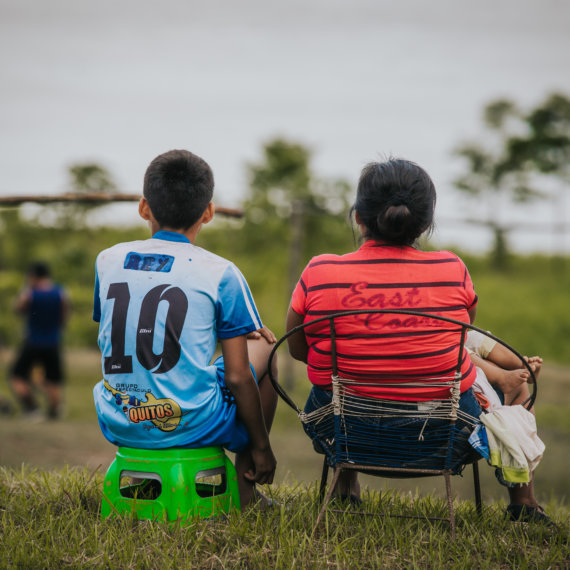Managed Surgical Network through WhatsApp Group Forum Group
A real time m-health consultation and support network between district health facilities and referral hospitals that facilitates timely access to life-saving surgical, obstetrical, gynecological and anesthetic care for rural populations in Malawi.
CONTINENT
AFRICA
Country
MALAWI
Location
Blantyre, Malawi
Founding year
2018
Organisational Structure
Partnership
Health focus
Surgical care for rural populations
Actors Involved
District Hospitals, Referral Hospitals, Government Departments and Agencies, Academia
Programme Focus
Service Delivery
Health System Function
Human Resources for Health
CHALLENGE
Malawi has very few trained surgeons, anesthetists and obstetricians and all work at central hospitals in major cities. Eight out of every 10 Malawians’ live in a rural area where primary surgical services are provided by non-physician clinicians known as clinical officers. Clinical officers work in isolation without specialists’ guidance and supervision. Cases they cannot manage are referred to the central hospitals mostly without prior communication and with minimal chance of receiving feedback on how the patient was handled at central hospital.
In the southern region of Malawi, there are 13 district hospitals and 2 central hospitals; making referrals a double burden; costly on the patients who are usually accompanied by a guardian and the district hospital which covers transportation cost of the referral through the ambulance.
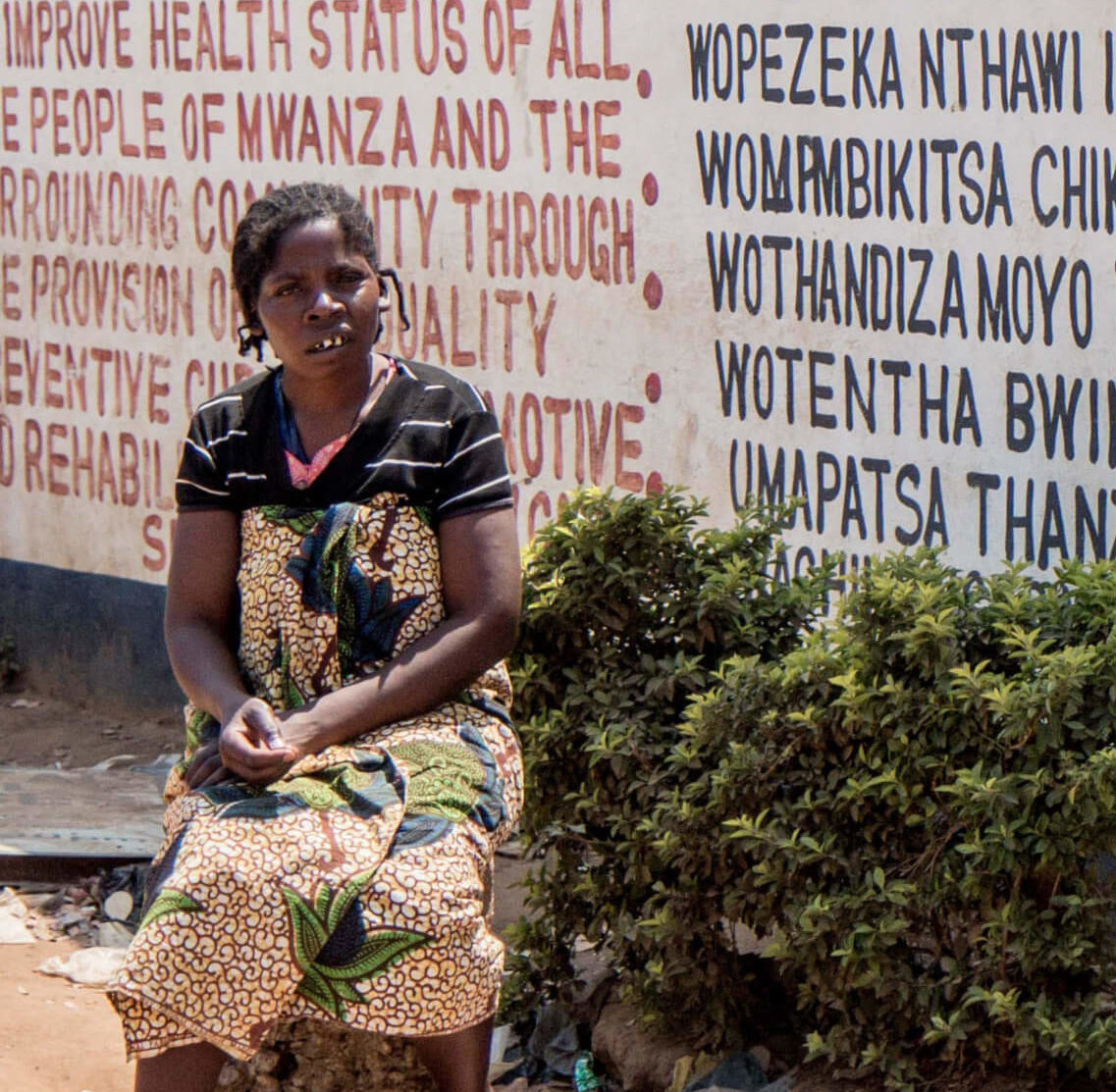
“I think it is being very effective because it is kind of instant consultation. People with questions are getting instant feedback from a specialist. You say do this, do that, or do these investigations or call us and send the patient up or sometimes they don’t have to send the patient up.”
– Prof. Eric Borgstein, Pediatric Surgeon and SURG Africa Investigator, , Queen Elizabeth Central Hospital
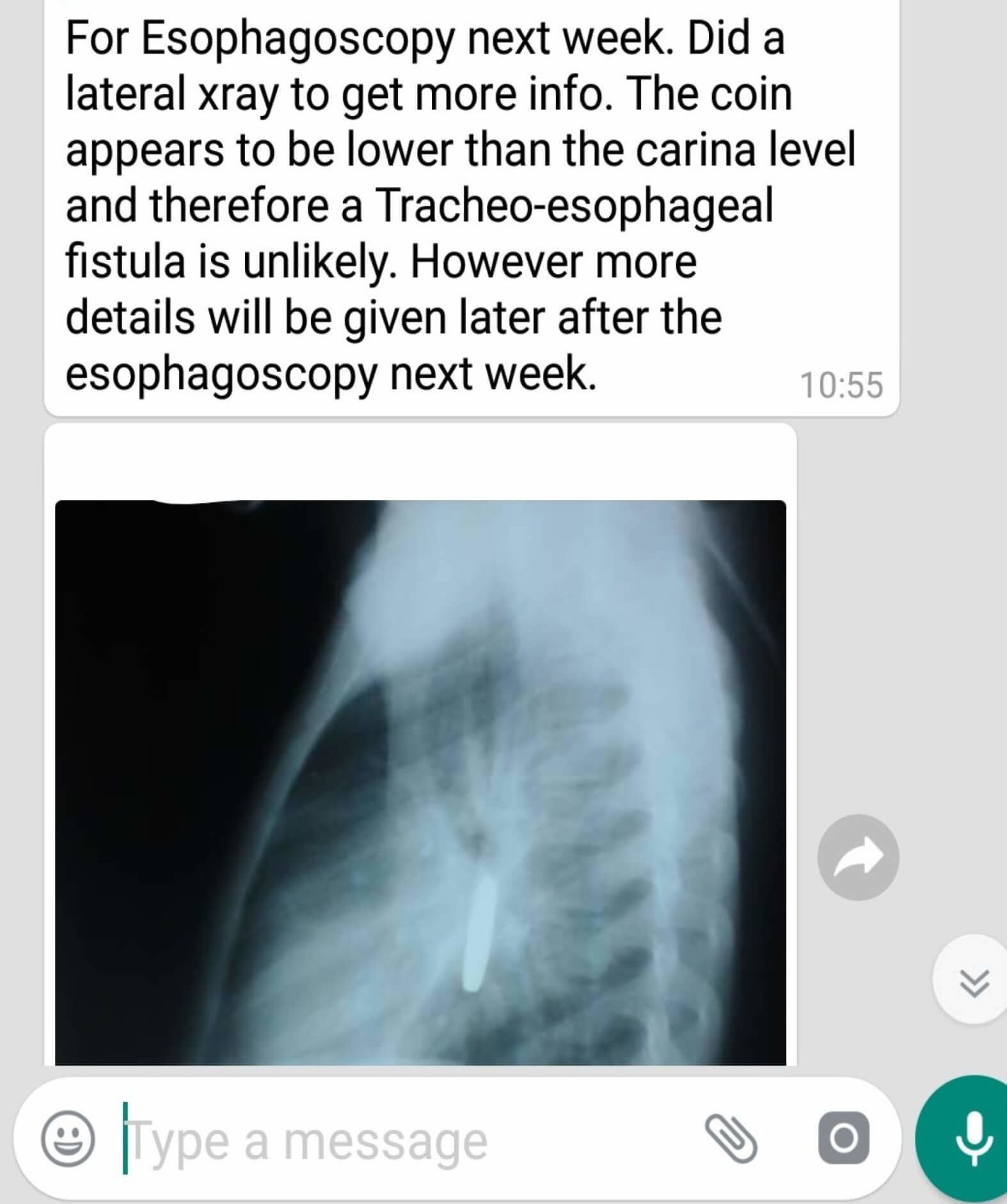
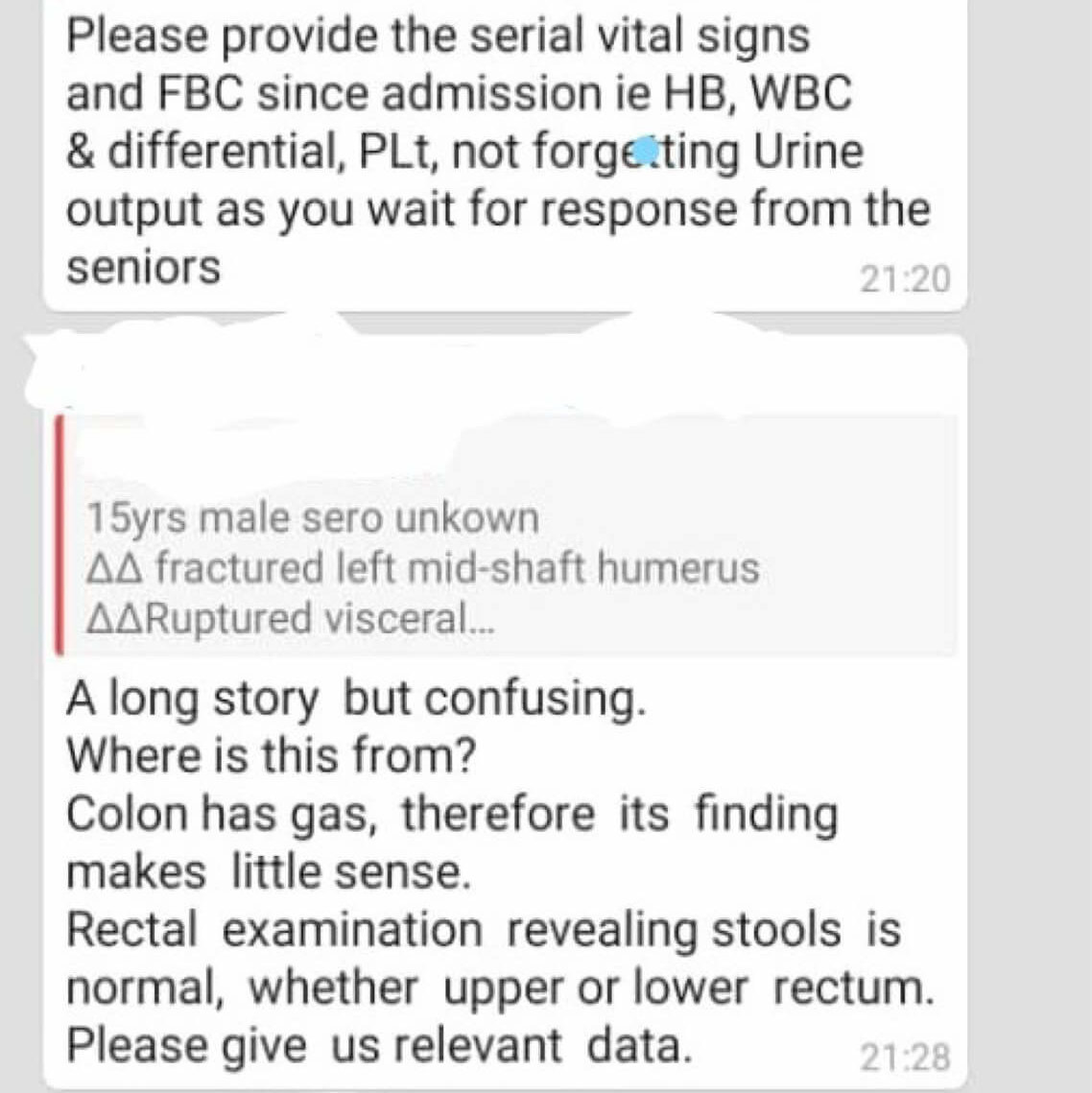
INTERVENTION
The Managed Surgical Network Through WhatsApp Group Forum (WGF) is an effective, real time consultation and support network across the southern region of Malawi that facilitates more responsive communication and referral feedback mechanism between district health facilities, referral hospital and key stakeholders addressing lack of timely access to quality surgical care for rural populations in Malawi.
In the beginning the WGF was moderated, it has evolved into a self-moderated group; members also include Ministry of Health departments of clinical service and quality management who provide oversight and monitor surgical care, Malawi Blood Transfusion Trust and Central Medical Stores Trust who address blood and medical supplies and equipment needs; building linkages and relationship through responsive communication among stakeholders.
The main components of the WGF includes:
Referral and case management mechanism: when a case is presented that the district team cannot manage the clinical officer posts the case on the group for specialist’s guidance. Specialists can provide guidance on case management at district level or procedures to be taken before referral. Together rural clinicians and specialists at central hospital monitor patients’ progress and communicate on the forum. For cases treated at the district facility specialists can follow up on the patient’s progress through the forum. For cases that are referred to central hospital, specialists provide feedback on how they were handled.
Mentorship and monitoring: through case discussions and feedback from specialists, multiple clinicians and district teams are trained on procedures and protocols for case management without their physical presence. The forum facilitates sharing of challenges and successes at district facility and provide continued quality improvement for surgical service.
“It is has become a norm in the entire Southern Region to communicate on the WhatsApp Group Forum before a referral is made. Likewise, when a central hospital receives a case that was not posted, the referring hospital is asked to explain for not posting in the group. This has ensured that almost all surgical referrals are discussed through the forum.”
– Gerald Mwapasa, Country Coordinator, SURG Africa Malawi
IMPACT
WGF enhances access to quality health care for rural people enabling them to get the best surgical care possible in timely manner, between May – December 2019, 259 cases were posted and assessed using the forum:
Specialist commented on 96% of cases posted with specialists advising 59% of cases to refer immediately, 24% not to refer and 10% to refer but later. Seventy-five percent (75%) of the cases posted received response within an hour. Appropriateness of referral and timeliness of response facilitated cost saving for the patient and their guardian, district and central health facilities (transportation, supplies and equipment use) and personnel time (clinical officers and specialists). The prevented referrals also decongested referral hospitals giving specialists more time to deal with serious cases requiring their attention.
All district hospitals with a working theatre posted a case on the forum ranging from 5 to 50 during that period. With time, other faith-based hospitals have been added in the forum upon request from clinicians in those hospitals.
The forum has brought key stakeholders and medical professionals at different cadres together facilitating responsive communication and consolidated efforts for delivery of accessible, elective and emergency surgery at district hospitals.
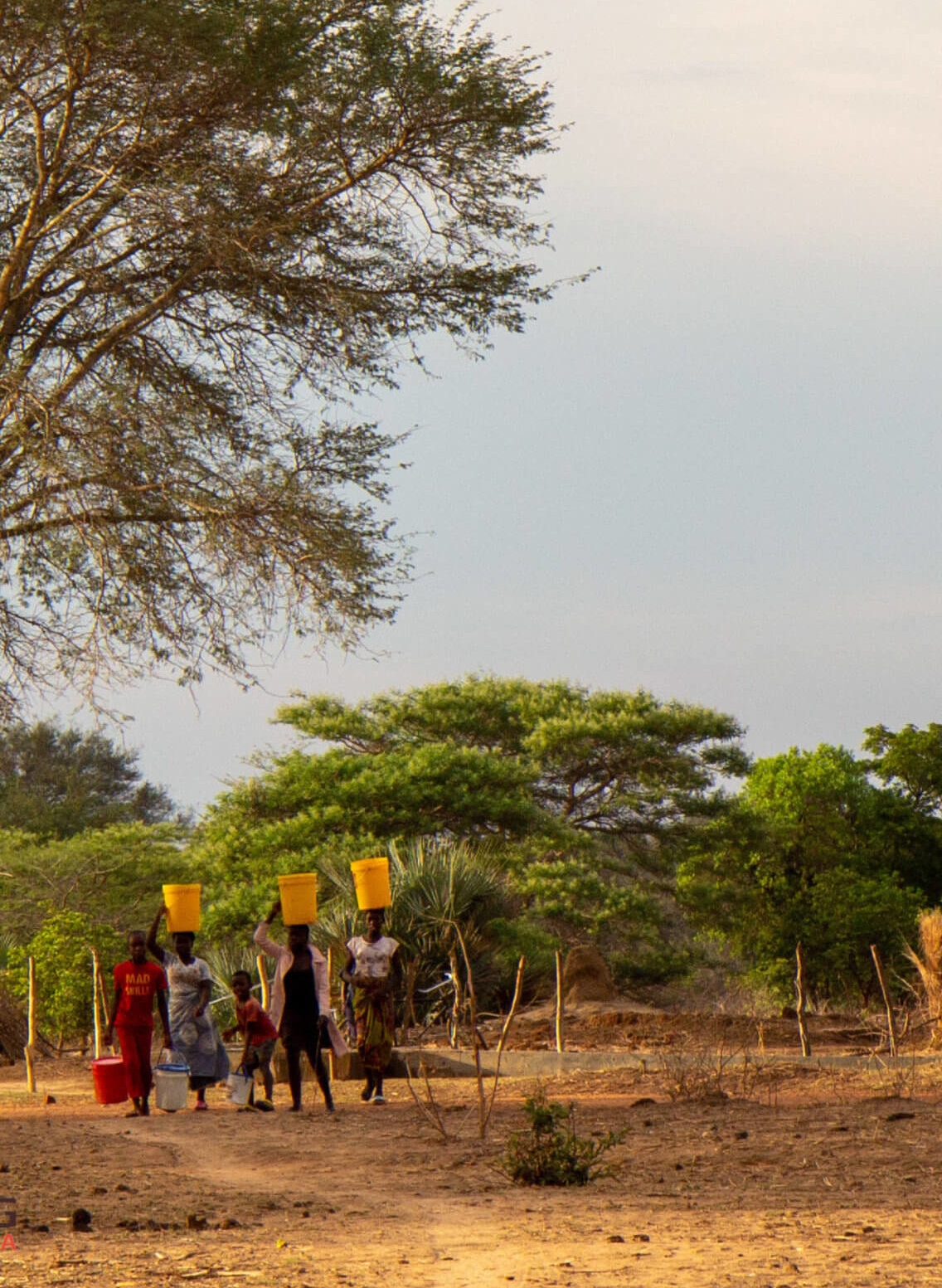
“We post even the pictures [on the WhatsApp Group Forum] and the consultants see the pictures and they advise. We find it very useful because we discuss the cases even before we refer them. They [specialists] will say, well Mr. Malunga before we refer the patient, do A, B, C, D, E.”
– Martin Malunga, Clinical Surgery Officer, Machinga District Officer
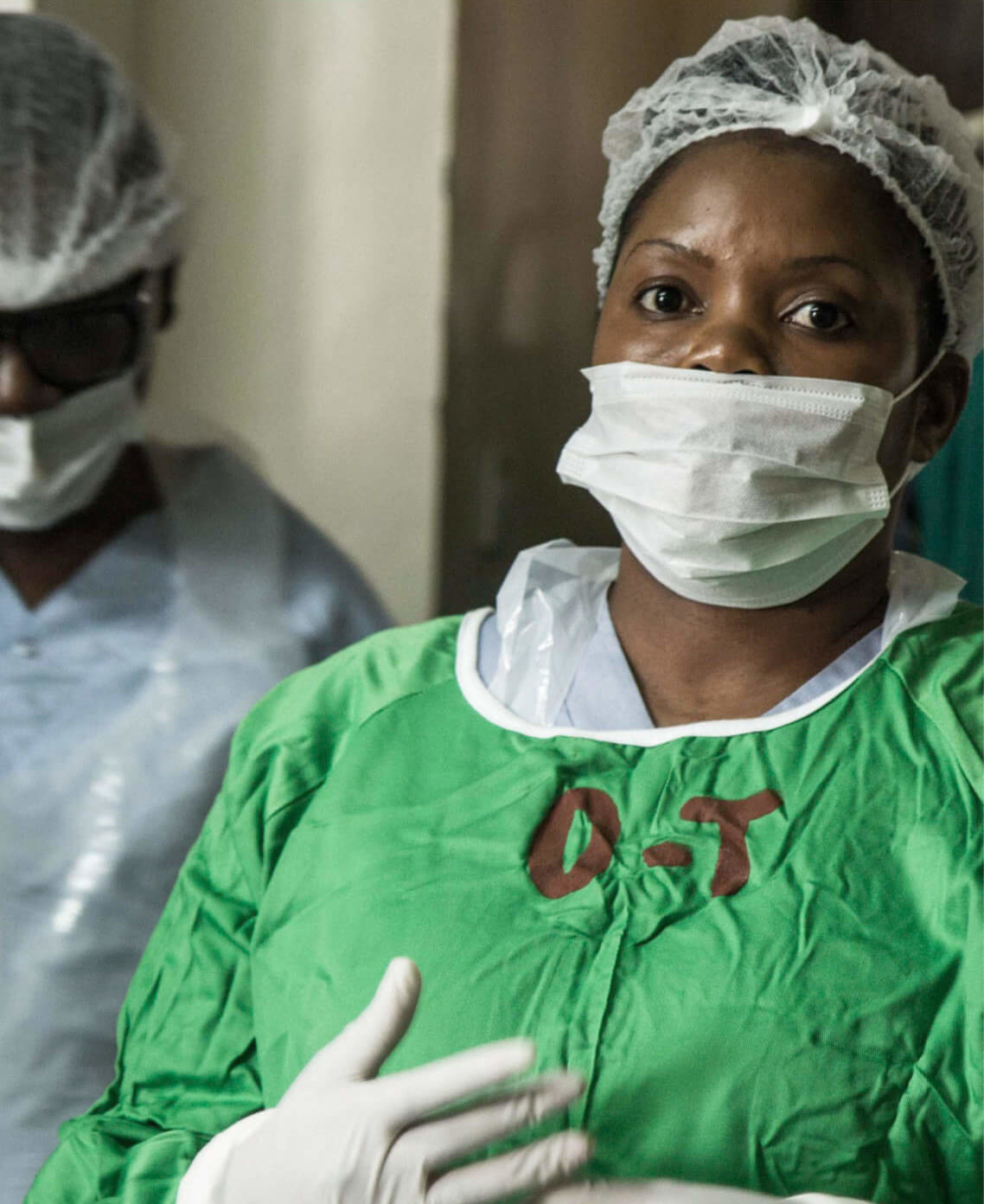
CASE INSIGHTS
![]() Collaboration and engagement of different cadres of health and medical within the health system improves understanding of conditions in health facilities and development of working relationships based on mutual understanding and goals enhances acceptability and durability of intervention. This is crucial in enhancing health care services and addressing the real root causes of poor care and workflow coordination among cadres and district teams.
Collaboration and engagement of different cadres of health and medical within the health system improves understanding of conditions in health facilities and development of working relationships based on mutual understanding and goals enhances acceptability and durability of intervention. This is crucial in enhancing health care services and addressing the real root causes of poor care and workflow coordination among cadres and district teams.
![]() Efficient application of low cost and self-sustaining social media platforms such as WhatsApp that is utilized and adopted by health care providers and government agencies can be leveraged to institutionalize a real time referral and case management system mechanism in healthcare delivery especially for rural populations, high disease burden conditions and health providers in rural districts with minimal investments.
Efficient application of low cost and self-sustaining social media platforms such as WhatsApp that is utilized and adopted by health care providers and government agencies can be leveraged to institutionalize a real time referral and case management system mechanism in healthcare delivery especially for rural populations, high disease burden conditions and health providers in rural districts with minimal investments.
![]() Capacity building of health care workers does not have to be time consuming, once off and costly. WhatsApp can be used to provide on job real time skills and knowledge building lead by different cadres of health workers with a community and network of support; without having without having to travel externally or wait for supervision visits.
Capacity building of health care workers does not have to be time consuming, once off and costly. WhatsApp can be used to provide on job real time skills and knowledge building lead by different cadres of health workers with a community and network of support; without having without having to travel externally or wait for supervision visits.
